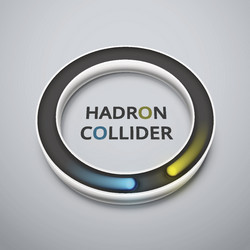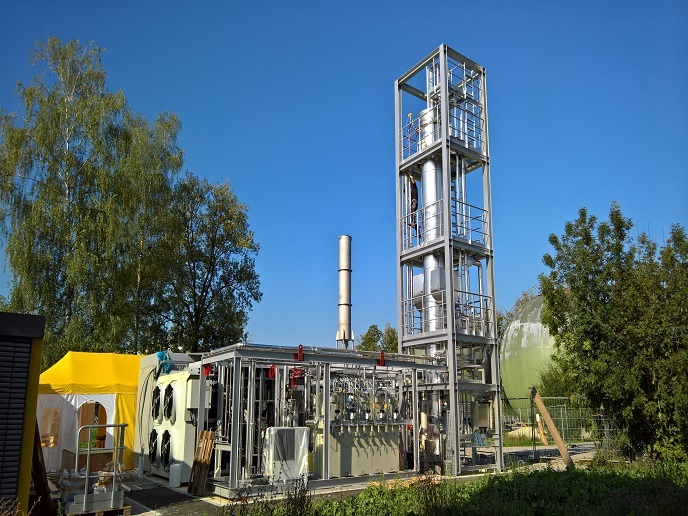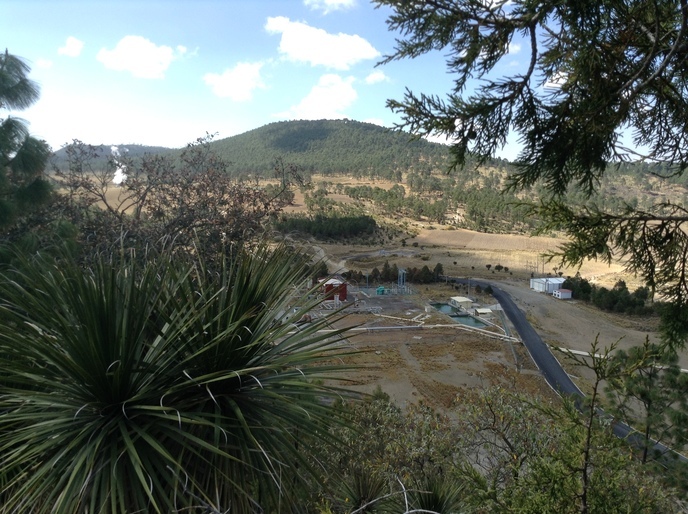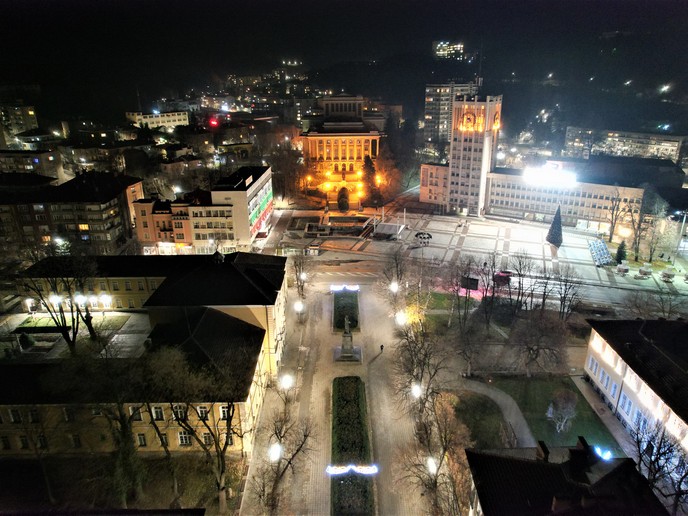Monte Carlo event generation for LHC
The MCNETITN(opens in new window) (Training network for Monte Carlo event generators for LHC physics) initiative is dedicated to developing general-purpose Monte Carlo event generators for the Large Hadron Collider (LHC) experiments. Despite their limitations, event generators are the most powerful tools through which scientists can gain a realistic understanding of physics at LHC energies before real data are available. As the name indicates, the output of event generators should be in the form of 'events' with the same behaviour and fluctuations as real data. However, these modelling tools are not all-powerful oracles that can provide intelligent answers to every question. It is advisable not to trust blindly the results of any event generator, but always have sound judgement. MCNETITN offers training to the next generation of event generator authors to write modelling tools of physics processes that jointly lead to the production of hundreds of particles at LHC. Throughout the lifetime of MCNETITN, a summer school is organised once a year where early stage researchers are introduced to the techniques of event generators. A short-term studentship programme has also started in 2013. Ten PhD students have already benefited from up to six months of collaboration with one of the research teams of the network. Significant progress has been seen in all research sub-projects – Pythia, Herwig, Sherpa, Madgraph and Ariadne – focused on the development of physical models to enable better exploitation of the currently available LHC data. Algorithms written by MCNETITN fellows are today being used in the LHC experiments that discovered the Higgs boson. The MCNETITN network will be running for four years from the beginning of 2013 to the end of 2016 and will support PhD students in fundamental particle physics to work collaboratively. Research carried out will not only lead to further details on the Standard Model but also help define the key parameters of new physics scenarios.







